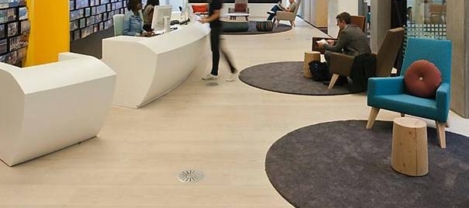December 10, 2015
Boardroom now more likely to view offices as strategic asset, claims report 0
 A new research paper claims to reveal changes in the way that UK companies now perceive and evaluate their commercial property portfolios – both as a physical workplace and as a strategic asset that can help them to meet corporate goals. The report, entitled Redefining Commercial Property Performance – The alignment of property and workplace with corporate objectives was written by Insight’s own Sara Bean and was commissioned by managed office solutions provider Portal. As part of the research, interviews were conducted with property professionals, workplace consultants and occupiers including RICS, Leesman UK, TD Wealth International, TSK Group, Cushman & Wakefield and Sheffield Hallam University. The findings of the paper claim to reveal the growing importance of measuring the performance and return from commercial office space and the necessity to more closely align property with corporate goals.
A new research paper claims to reveal changes in the way that UK companies now perceive and evaluate their commercial property portfolios – both as a physical workplace and as a strategic asset that can help them to meet corporate goals. The report, entitled Redefining Commercial Property Performance – The alignment of property and workplace with corporate objectives was written by Insight’s own Sara Bean and was commissioned by managed office solutions provider Portal. As part of the research, interviews were conducted with property professionals, workplace consultants and occupiers including RICS, Leesman UK, TD Wealth International, TSK Group, Cushman & Wakefield and Sheffield Hallam University. The findings of the paper claim to reveal the growing importance of measuring the performance and return from commercial office space and the necessity to more closely align property with corporate goals.



































December 8, 2015
Six human resources costs you might avoid by choosing the right office 0
by Darren Bilsborough • Comment, Property, Workplace, Workplace design
(more…)